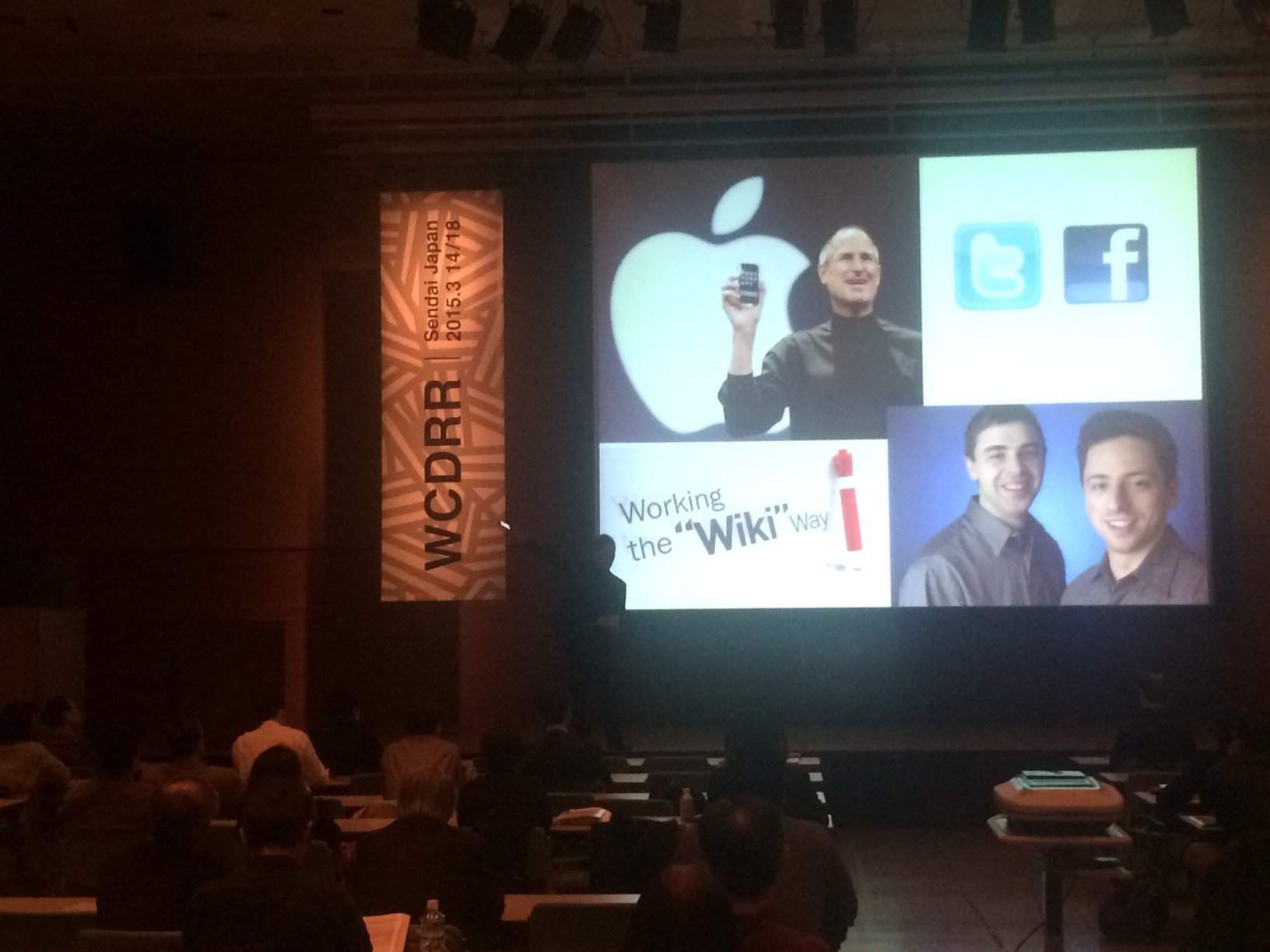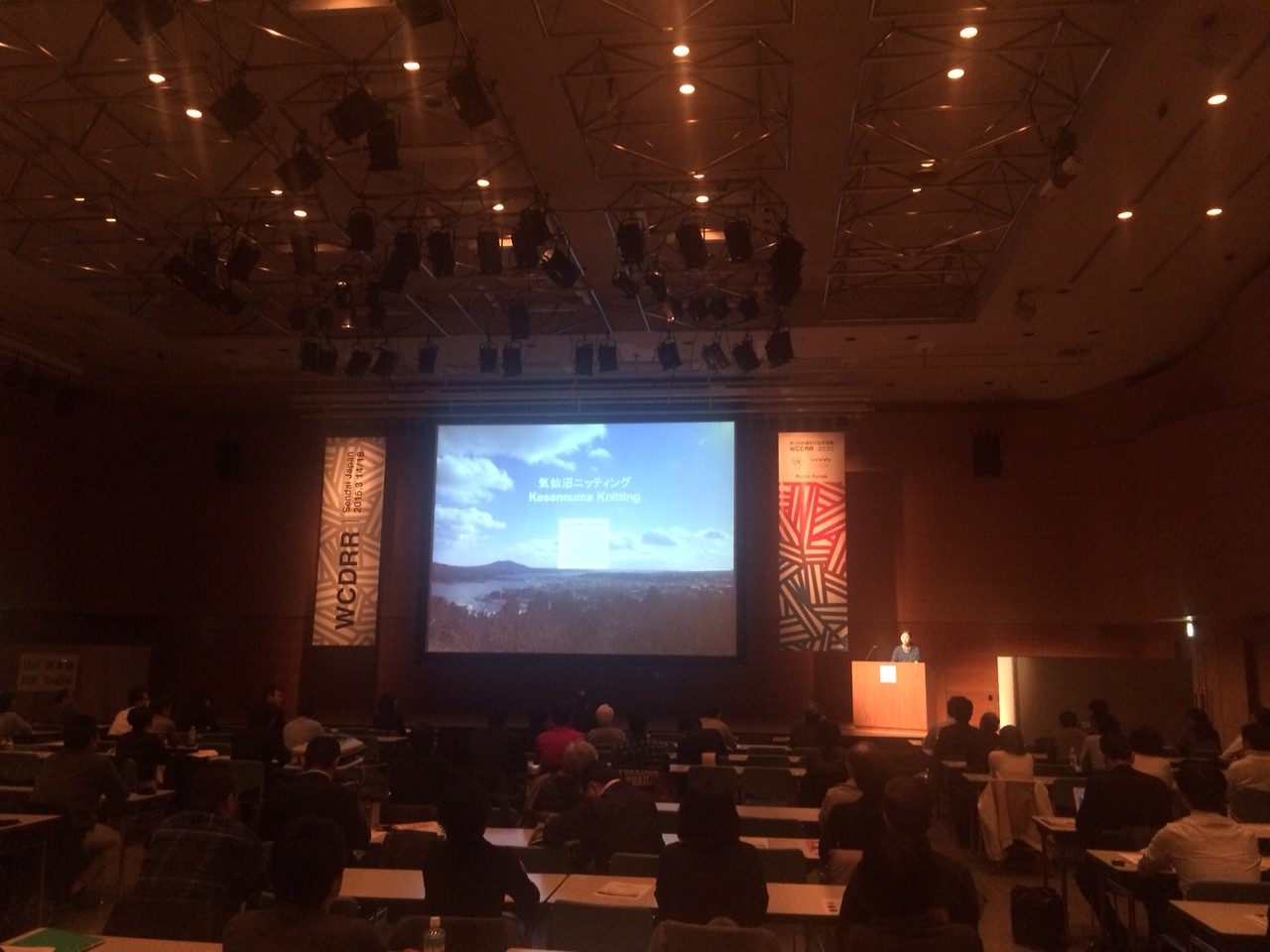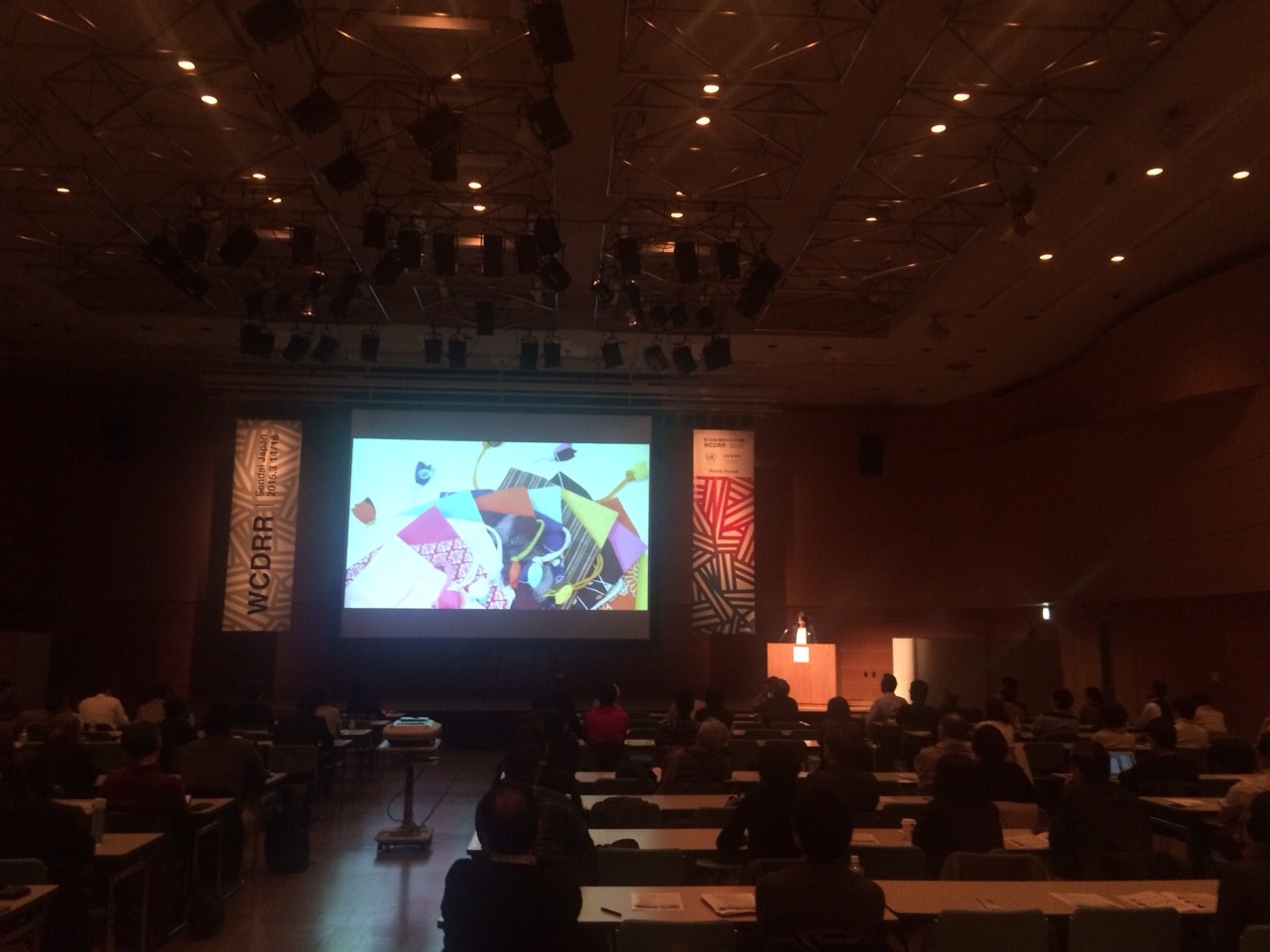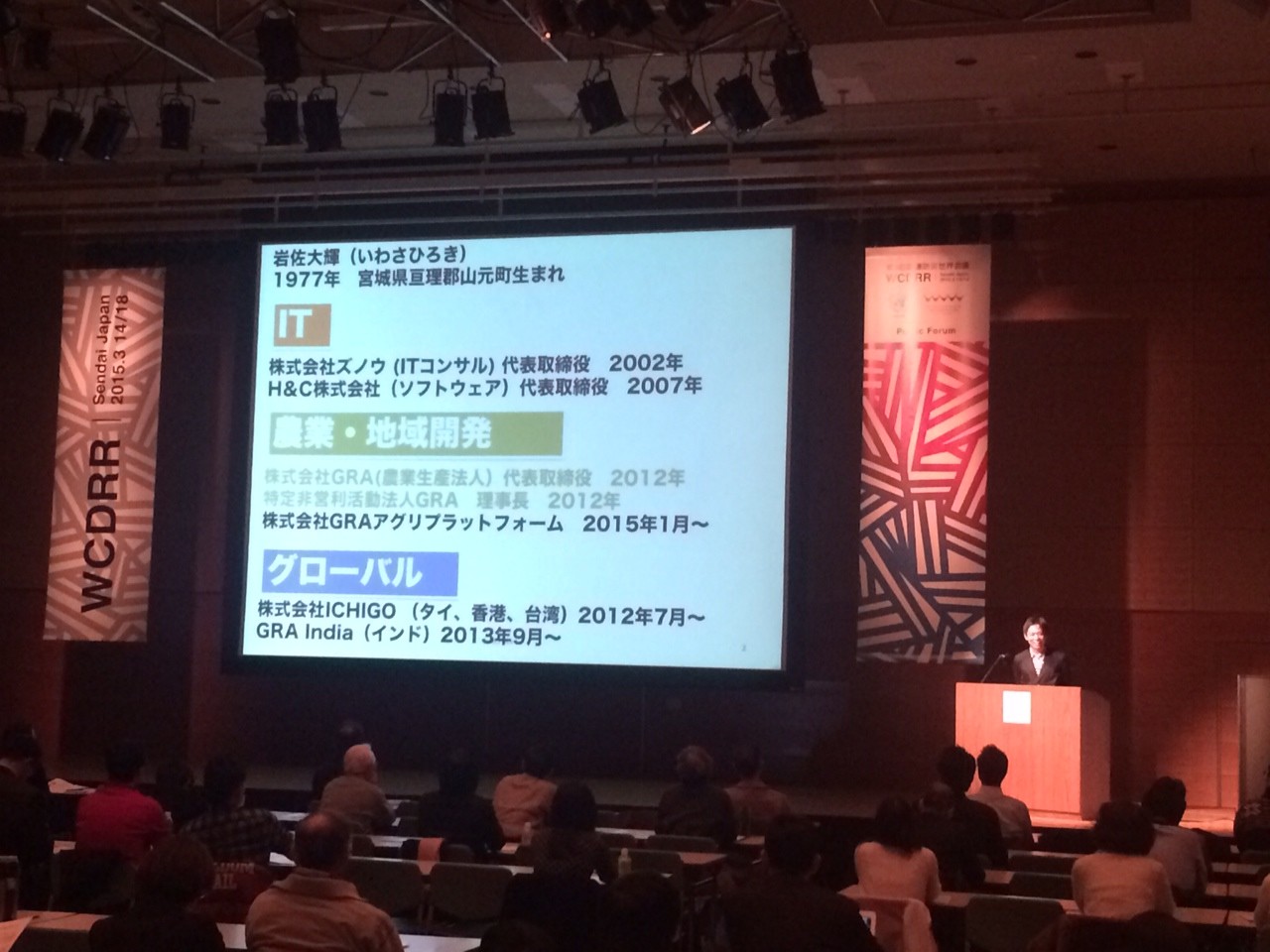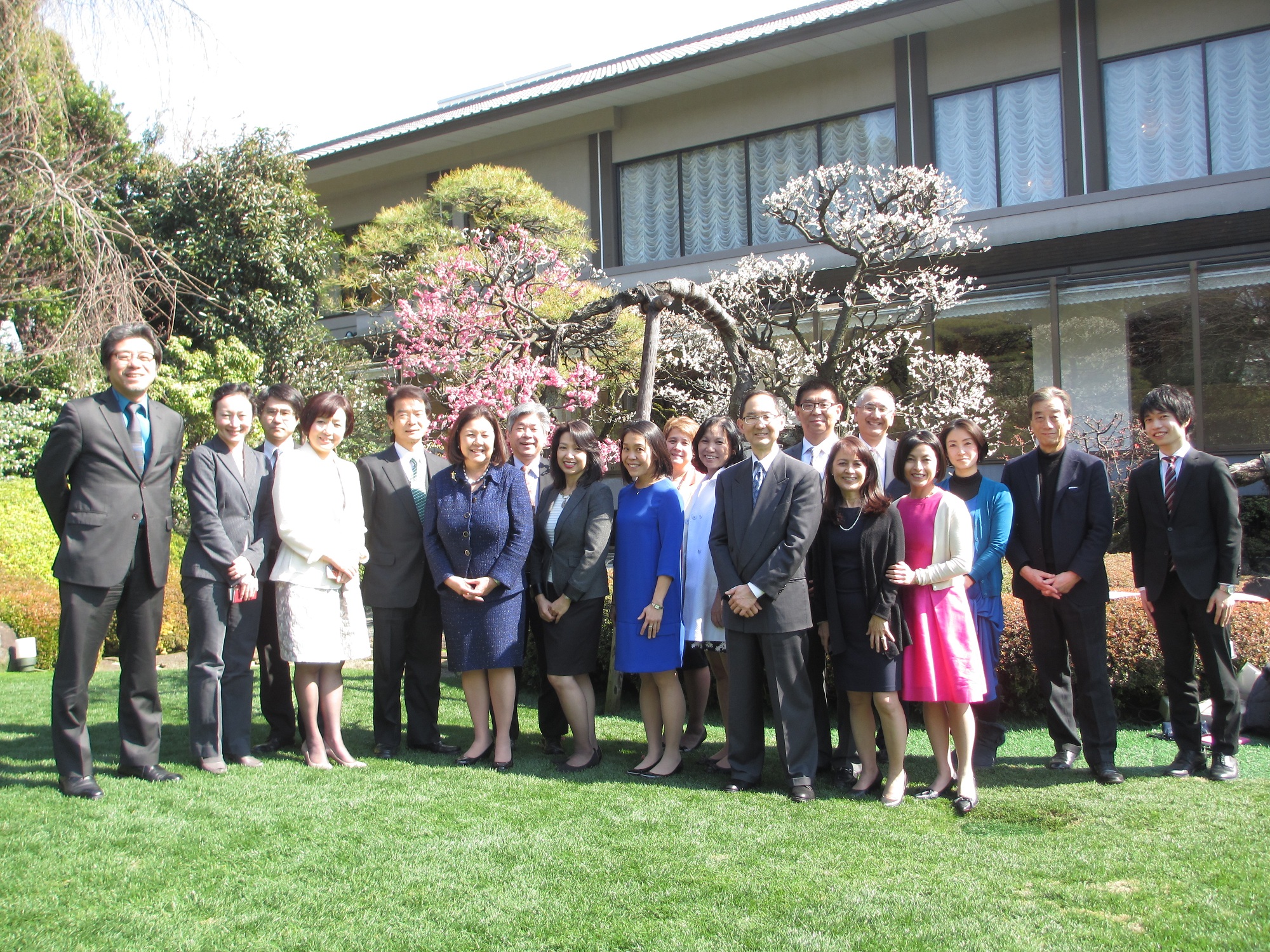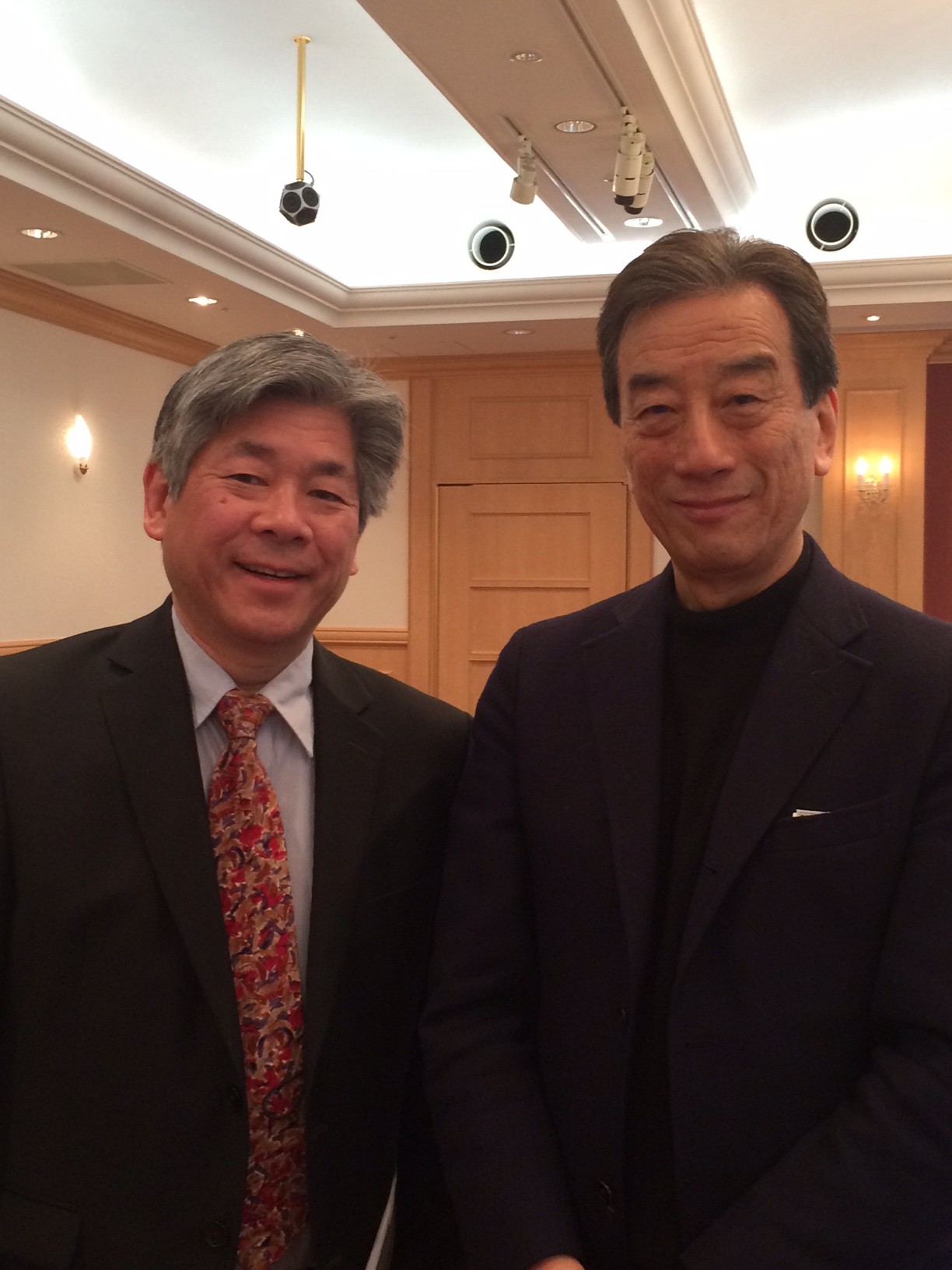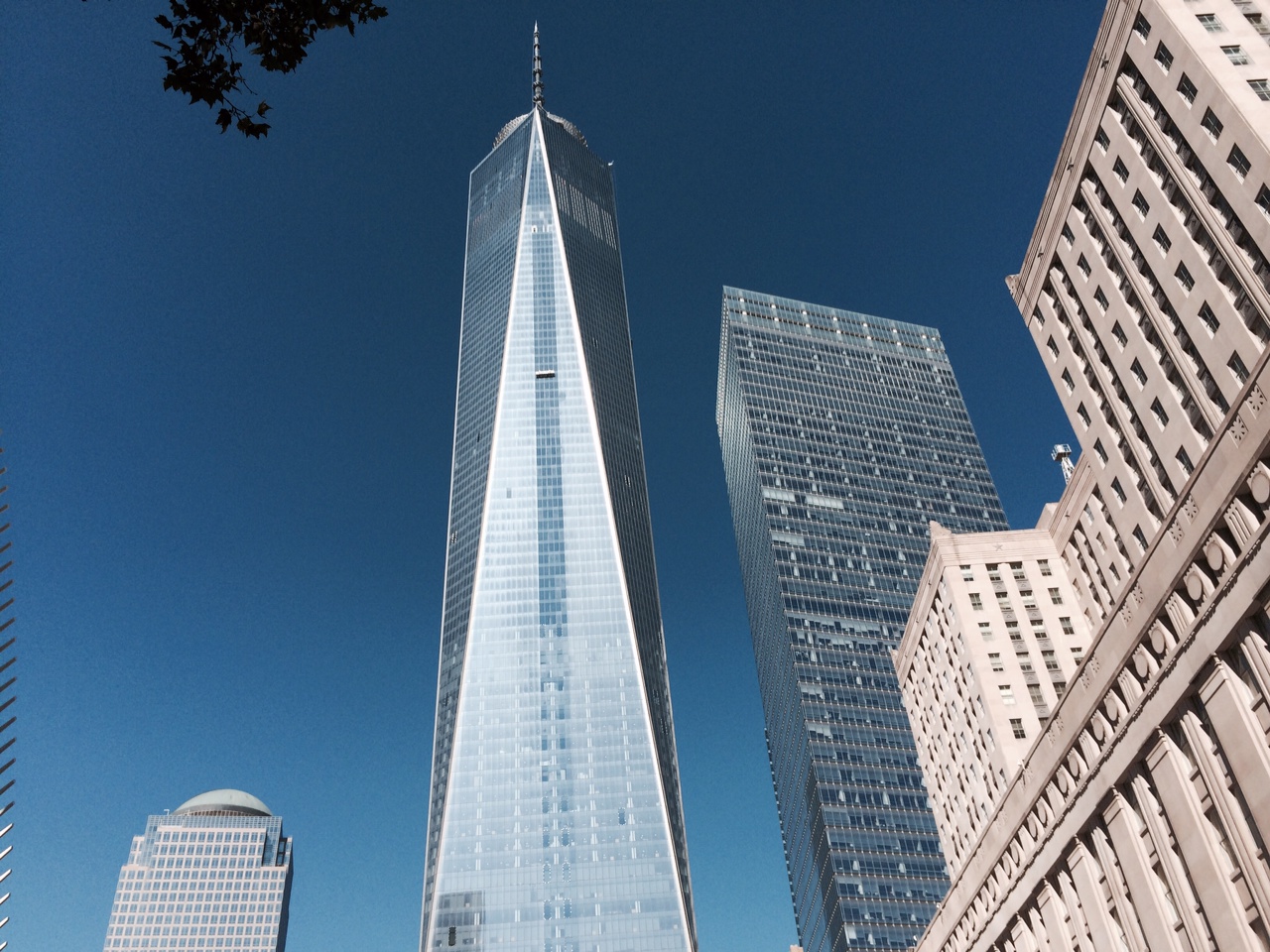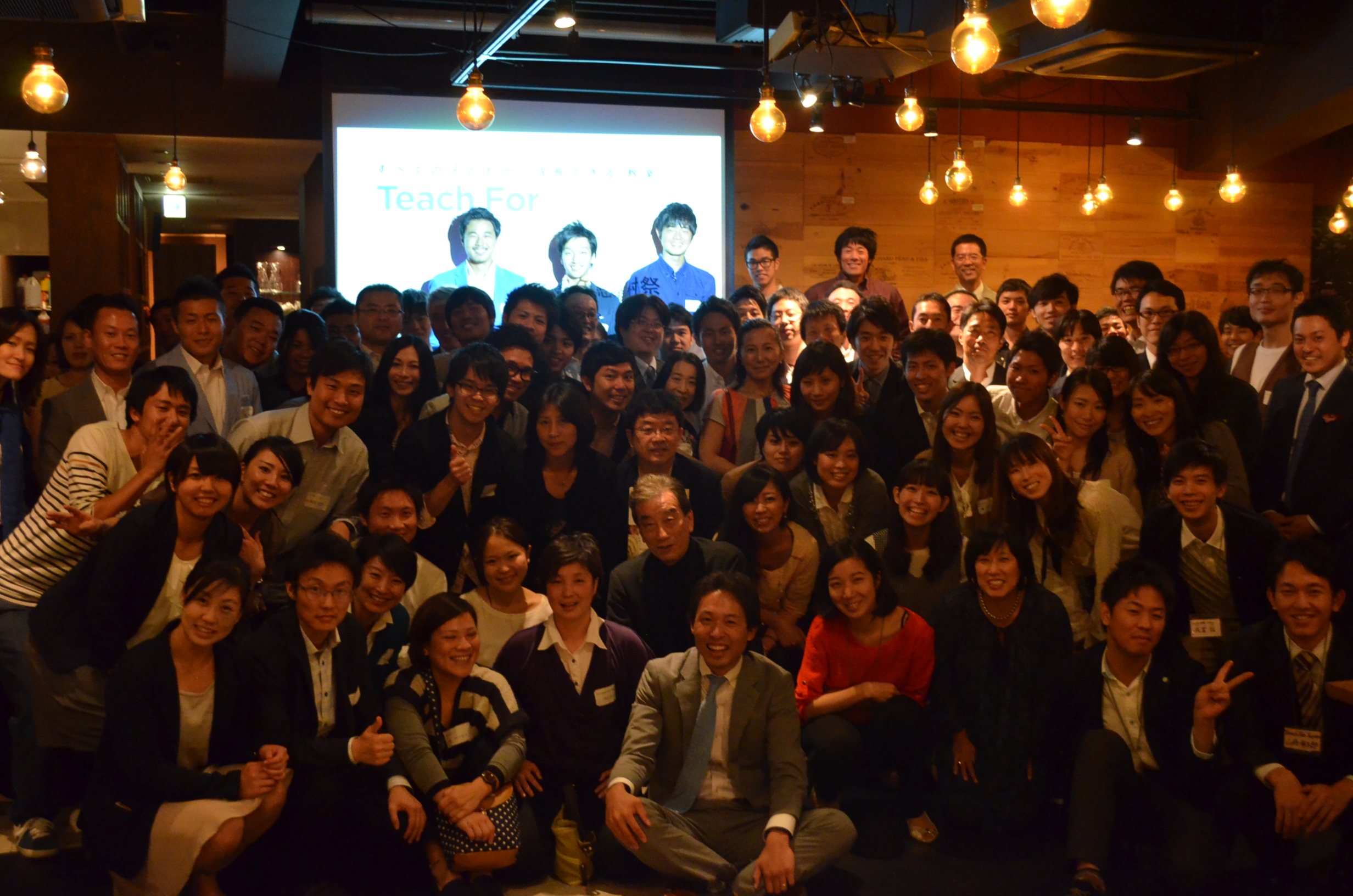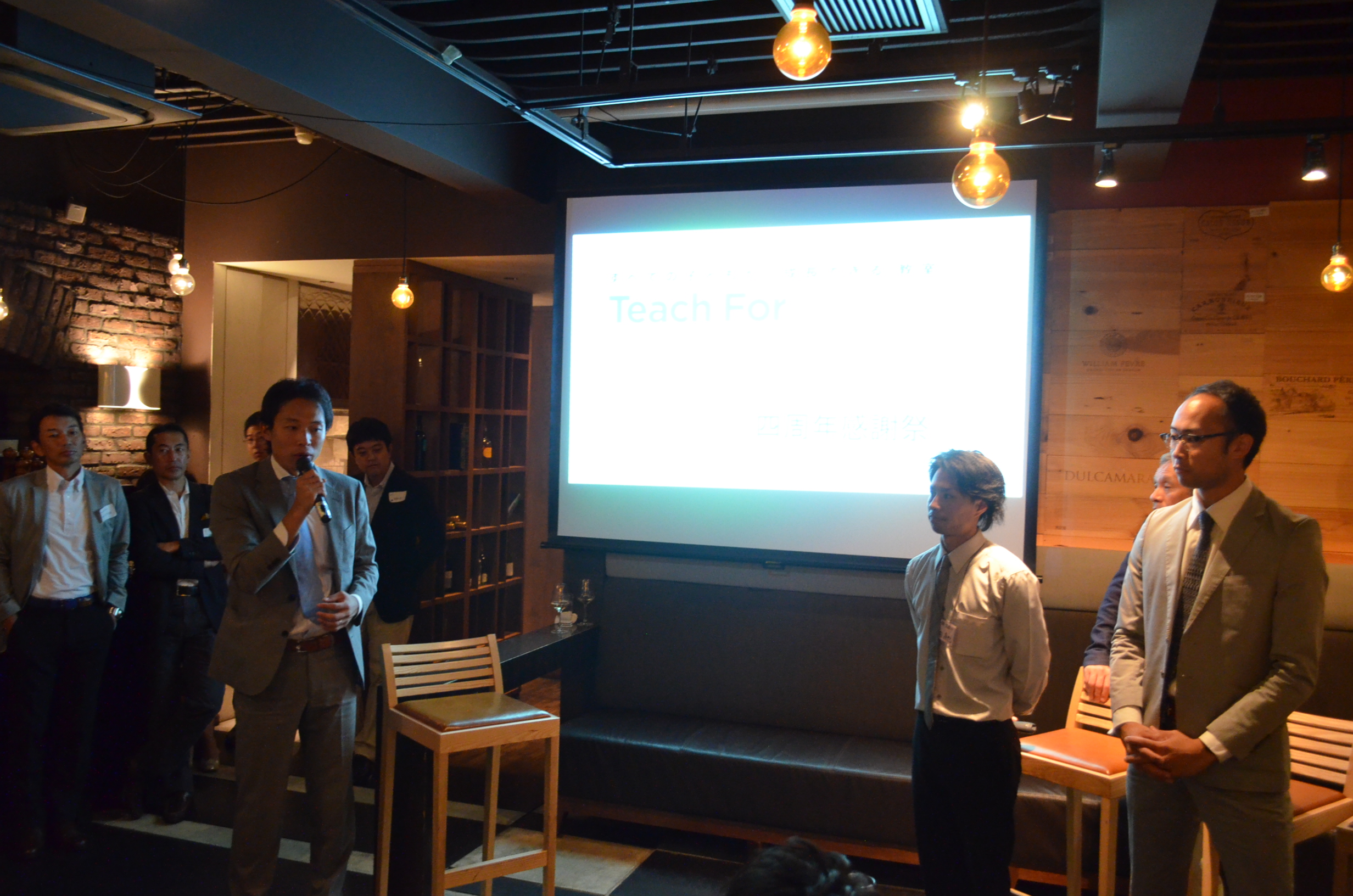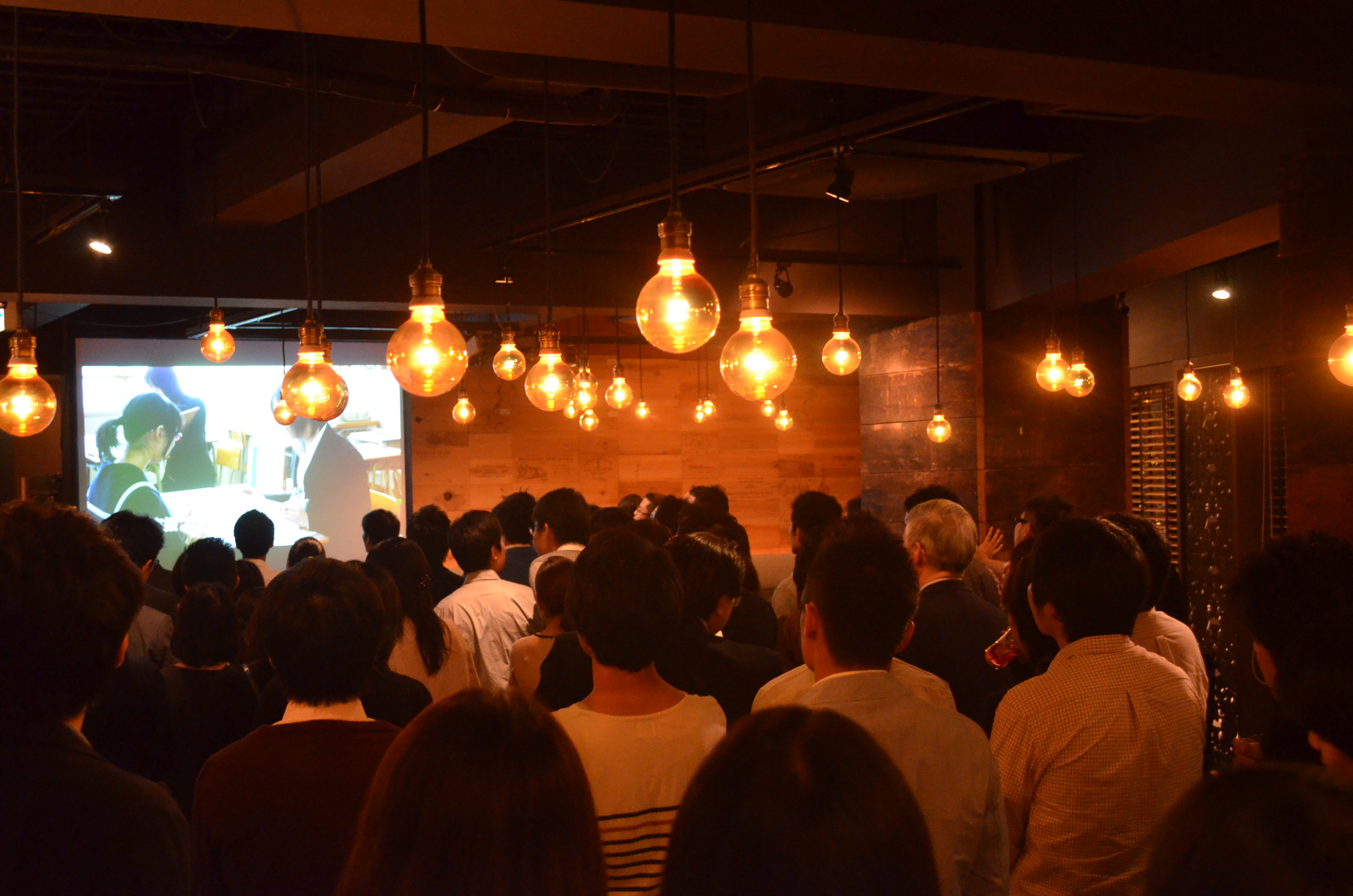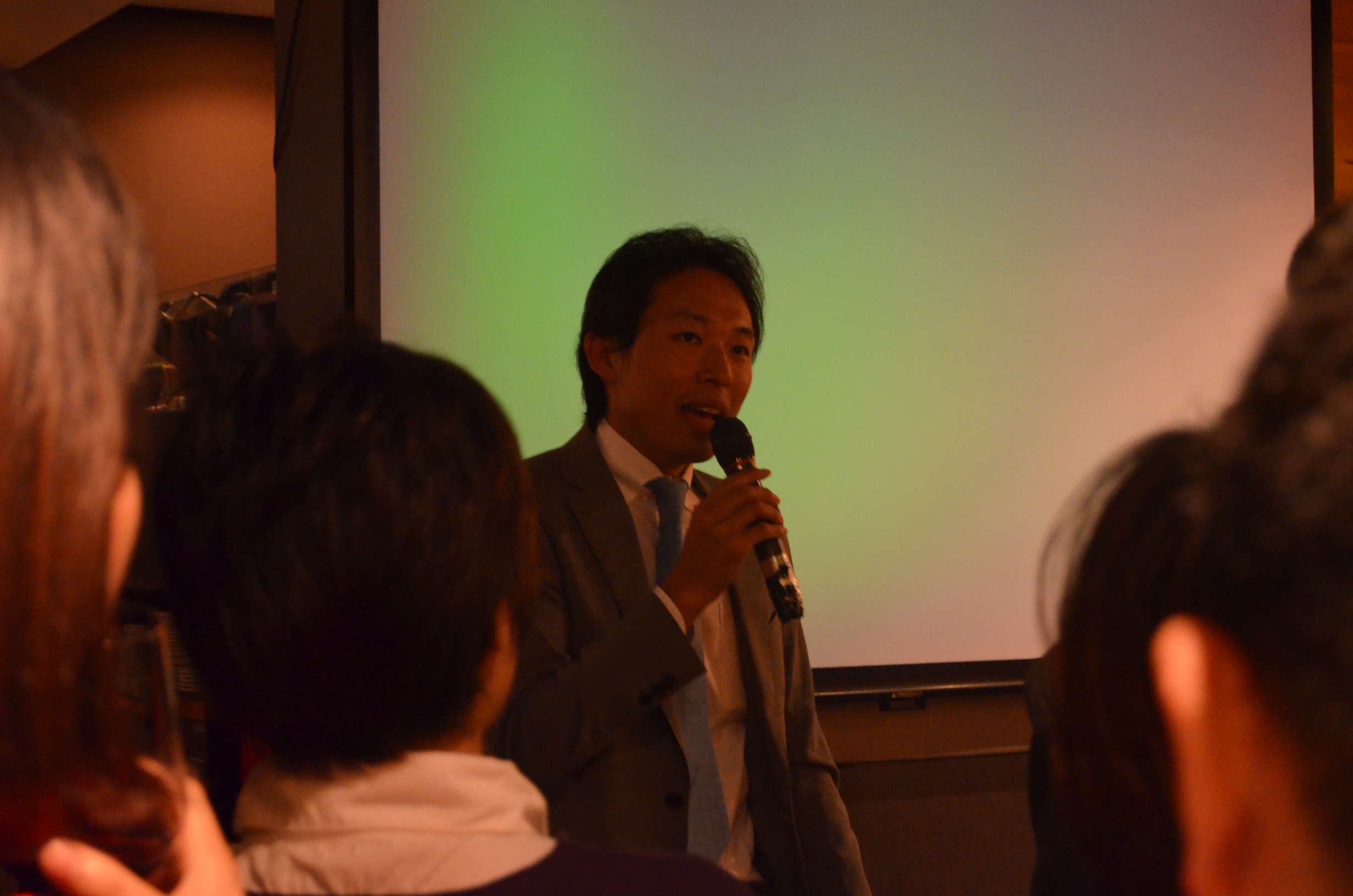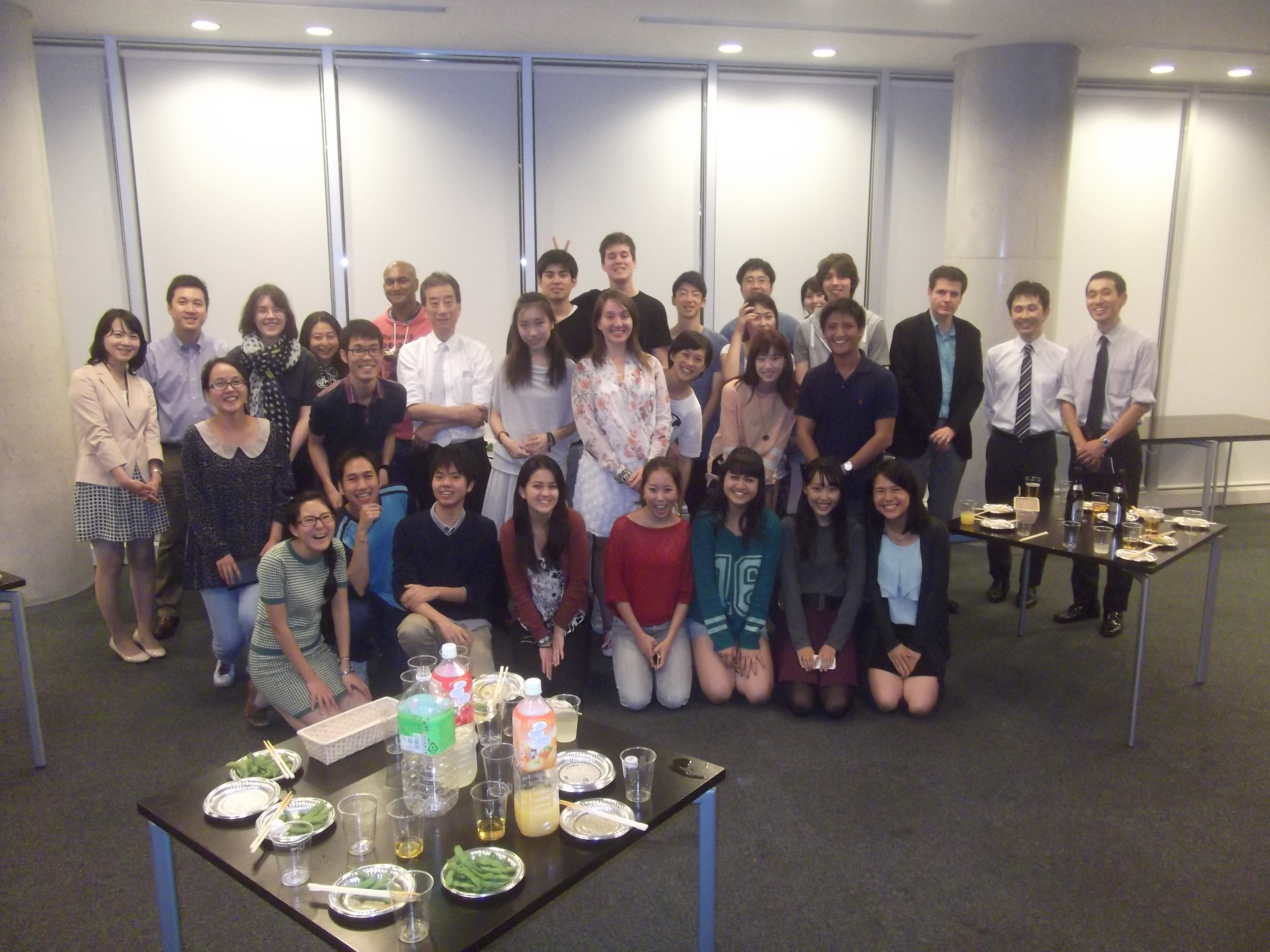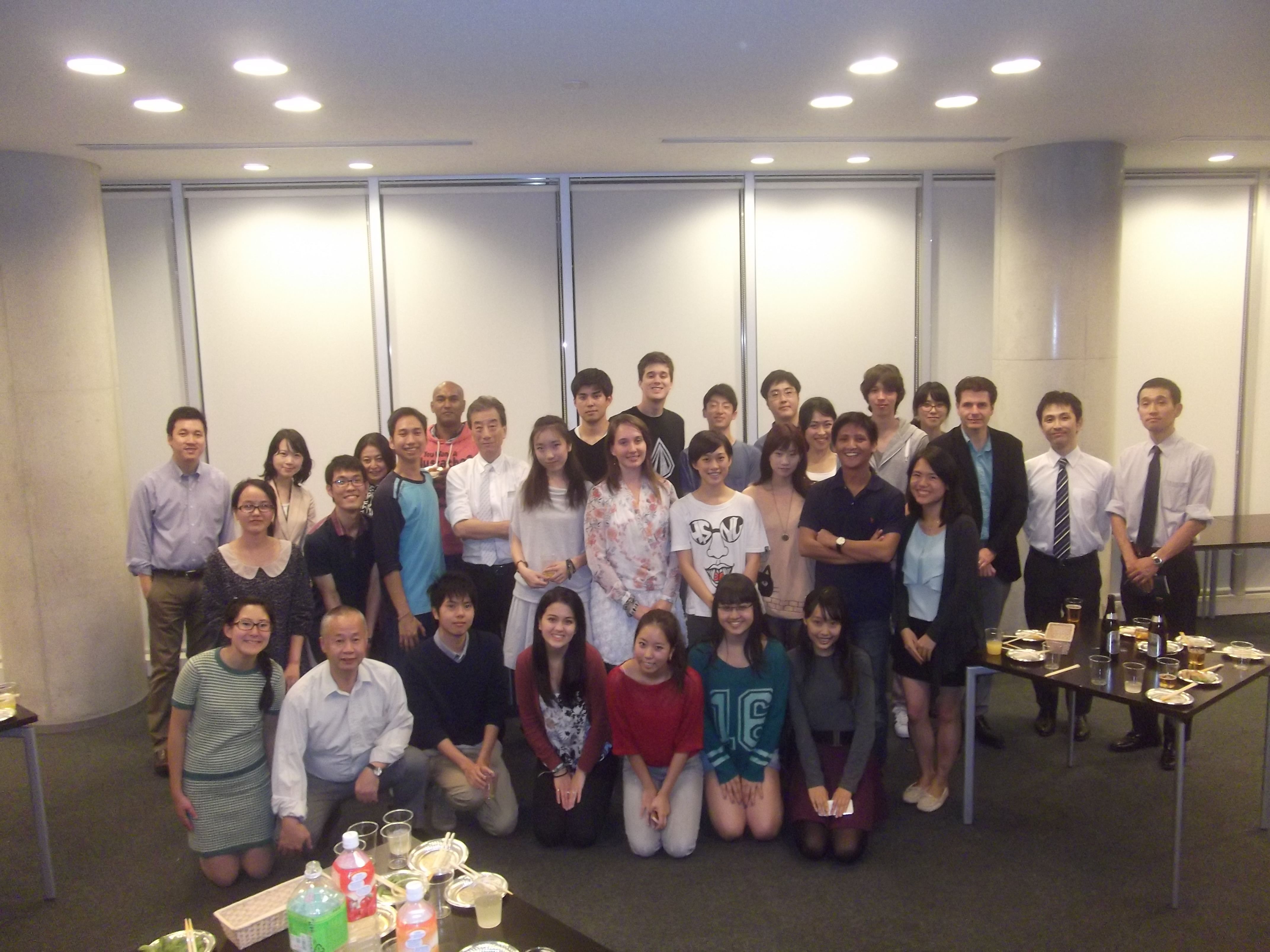Two Japanese scientists have won the Nobel Prize again this year. It is very happy news.
I was very glad to hear that Dr. Omura won the Nobel Prize in Physiology and Medicine, as I know him and his work very well. The selection of Dr. Campbell, with whom he won the prize, as well as a Chinese medical scientist who discovered a drug for malaria, was timely and appropriate. The awarding of the Nobel Prize to these three scientists shows they have made a major contribution to resolving the world’s problems.
On the evening of the announcement of the winners, I was in Kyoto but was interviewed over the telephone. One was with the Asahi Shimbun, who interviewed me along with Shinya Yamanaka and Shinichi Fukuoka (1).
Another was by Kyodo Press, which was featured in the Kyoto Shimbun, and I read both the articles in the morning papers the following day.
The night the announcement was made, I called Dr. Omura a few times to give him my congratulations but of course, his line was busy. The next day, I was able to reach him around noon and gave him my congratulations and we had a pleasant, quick chat.
Then, later that evening, it was announced that Dr. Kajita had won the Nobel Prize in Physics for his impressive research on the neutrino. As he stated, his research was conducted with his mentors, Dr. Koshiba and with Dr. Totsuka. — Dr Totsuka unfortunately passed away early. Dr. Totsuka was an incredible nice person and I had the opportunity to give a lecture with him in Washington D.C. some ten+ years ago.
It is wonderful that they won the Nobel Prize. Please take a moment to go through my comments on the Nobel Prize on this blog. Recently, I wrote about the Nobel Prize in the magazine, Oyou Buturi (Applied Physics), which can be read here (in Japanese). Some parts may sound impolite but please don’t take offence. I have written it to send my message to the youth.
